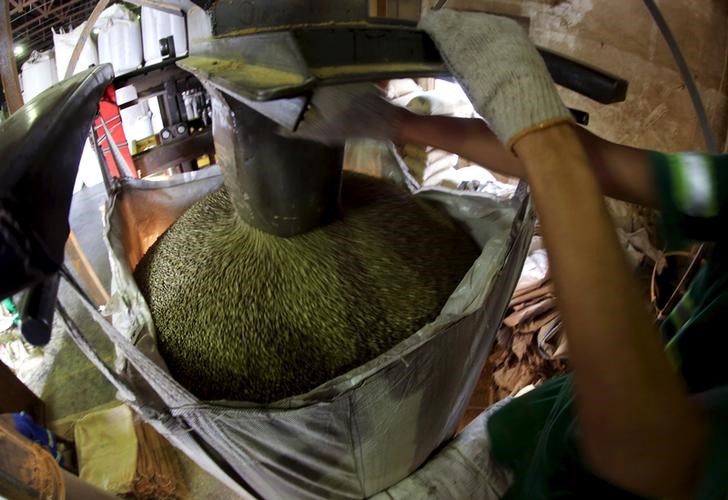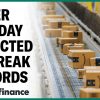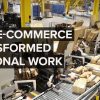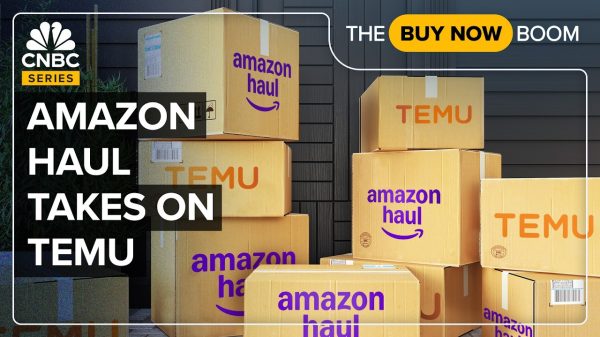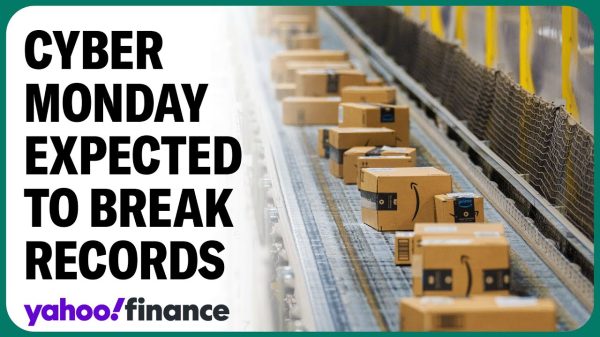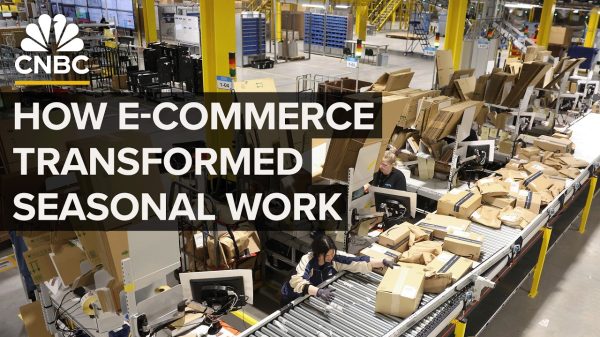By Maytaal Angel
LONDON (Reuters) – A Seattle-based startup backed by some of the investors behind Beyond Meat (NASDAQ:) is launching the world’s first beanless coffee this week as it bids to slash the environmental impact of the popular brew.
The innovation has caught the eye of investors, who have poured $51.6 million into Atomo Coffee in the hope that its brew – which uses superfoods and upcycled ingredients to mimic the molecular structure of coffee – will be a hit with consumers.
As the world’s climate heats up, coffee farms, specifically those growing the more delicate arabica variety favoured by baristas, are moving uphill, destroying forests along the way in the search for cooler climes.
Deforestation is the second leading cause of climate change after the burning of fossil fuels. Studies have shown that by 2050 roughly half the land currently used to grow coffee could be unproductive thanks to climate change.
“Coffee is causing deforestation at a pretty alarming rate – almost up to ten (New York) Central Parks a day,” said Atomo’s CEO and co-founder Andy Kleitsch ahead of the firm’s beanless coffee launch at the New York Coffee Festival on Friday.
“We’re talking about a machine, a coffee machine that’s never stopping, always looking for more land, and that’s what we’re trying to prevent,” he said.
Atomo says its initial “proof-of-concept” cold brew beanless coffee caused 93% fewer carbon emissions and used 94% less water than regular coffee. Time Magazine named it one of the 200 best inventions of 2022.
The firm expects to see similar figures for its new hot beanless coffee which is also made using mostly upcycled ingredients like date pips, which tend to be discarded in the commercial production process.
Atomo is initially targeting coffee shops as opposed to stores and supermarket chains as its roasted coffee will wholesale for $20.99 per lb, versus the $10-14 per lb paid by the average U.S. coffee shop.
After rapid initial growth, some manufacturers of meat alternatives have struggled more recently as inflation-hit shoppers cut back on their often pricier products.
However, Atomo says it is in talks with most of the world’s major coffee firms about how it might scale up and supply them.
“They (coffee majors) all know they have a problem with coffee availability in next 20-30 years, and they’re trying to get ahead of the problem,” said Kleitsch.
Read the full article here



